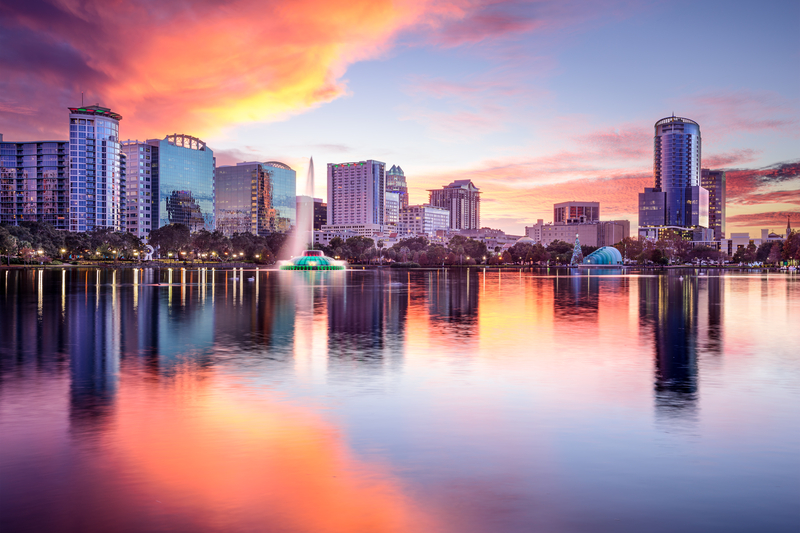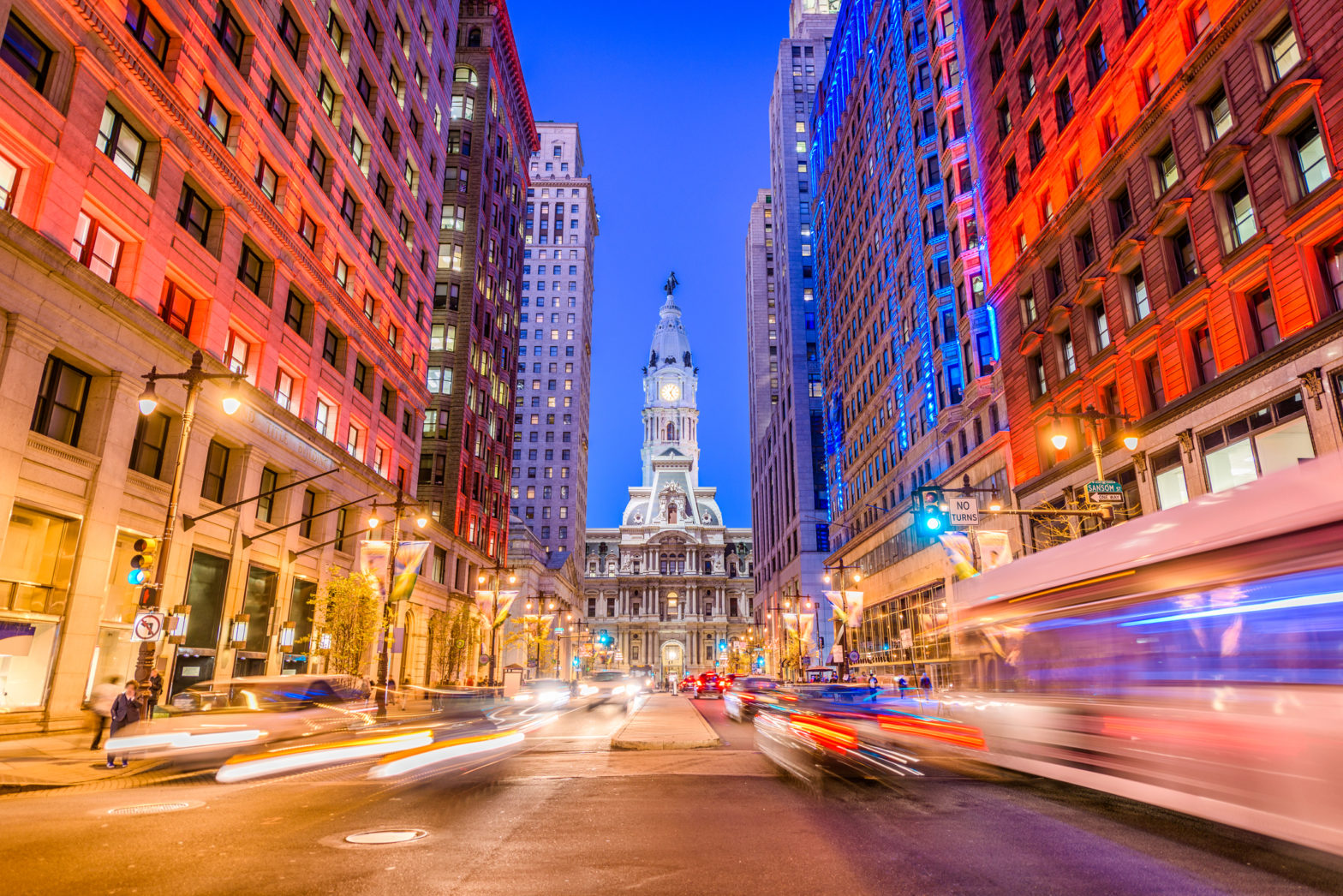
Orlando gets ‘future-ready’ with its first smart city strategy
12 October 2020
by Sarah Wray
Orlando, Florida, has launched its first-ever smart city strategy to “guide [its] efforts to be a centre of innovation, technological advancement and resilience”.
The Future-Ready City Plan has been presented – via a virtual meeting room – for additional feedback from residents and will be taken to City Council for approval next month.
It includes measures to close the digital divide, ensure resilience for all citizens and prepare the way for future mobility systems.
Orlando has already run several smart city initiatives. In 2017, it was named an autonomous vehicle (AV) proving ground by the US Department of Transportation. The city also has an open data portal and launched a “digital city hall” to improve the efficiency of services for citizens. It is targeting getting all of its energy from clean sources by 2050.
“We wanted to step back and create a more comprehensive plan as we move forward with some of these innovative approaches,” Michael Hess, Director of Future Ready, City of Orlando, told Cities Today. “We also really wanted to reach out to our community.”
Creating the plan
To create the roadmap, the city partnered with VHB and a group of other local consultants. It engaged internal stakeholders, the business community, educational partners, utility providers, non-profits and residents in the process.
Several “foundational elements” underpin the plan, including transparency, collaboration, security, resilience and prosperity for all. The strategy has then been organised into seven pillars: connectivity, energy, health and safety, materials, mobility, placemaking and water.
Hess said: “A lot of people hear smart city and they instantly jump to technology. To me, that’s not the right approach. If it’s technology-led, you might end up with a [lot] of technology that your community doesn’t even want. For us, the key thing is, it has to start with community engagement.”
Following roundtables, public meetings and workshops and an online survey, community priorities emerged around connectivity and resilience, Hess said, and these are among the short-term strategies outlined in the plan.
As well as providing immediate relief through Wi-Fi hotspots and learning pods at community centres and exploring ideas such as a tablet loan programme, an initial focus will be defining the digital divide. This includes partnering with an Internet speed test company and using the data to target areas which have slow speeds, or where Internet speed tests are not being run – and therefore probably don’t have broadband.
In terms of resilience, Hess noted: “We are a hurricane-prone climate but not every person can afford to have a back-up generator and to stock up on food. That sparked the [conversation] around equitable resilience and how we can start to provide community assets to make sure that everyone has additional resiliency built-in for the hurricanes and other events that come our way.”
Orlando is looking to convert some of its community centres into resilience hubs, where residents can go to access connectivity, power, food and other resources in case of emergencies.
Future-ready
Other actionable short-term strategies, which are all budgeted for, Hess said, include developing a digital twin, implementing an integrated public alert and warning system, installing more smart IoT systems into buildings, and setting up a food recovery network. Orlando will also explore urban air mobility and the operation of electric vertical take-off and landing (eVTOL) city taxis.
Hess said: “This points to one of the reasons why we like the term ‘future-ready’. These technologies are coming: how are we going to prepare for that?”
He added: “If you think back to when Uber all of a sudden showed up in cities, most cities just weren’t ready.” The city will explore identifying appropriate take-off and landing spots, and collaboration with urban air mobility companies and local businesses.
Longer-term plans include deploying fast electric vehicle charging infrastructure, digital kerbside management, expanding fibre infrastructure, air quality initiatives, a single payment scheme for transportation, an energy microgrid, smart street lighting and more.








